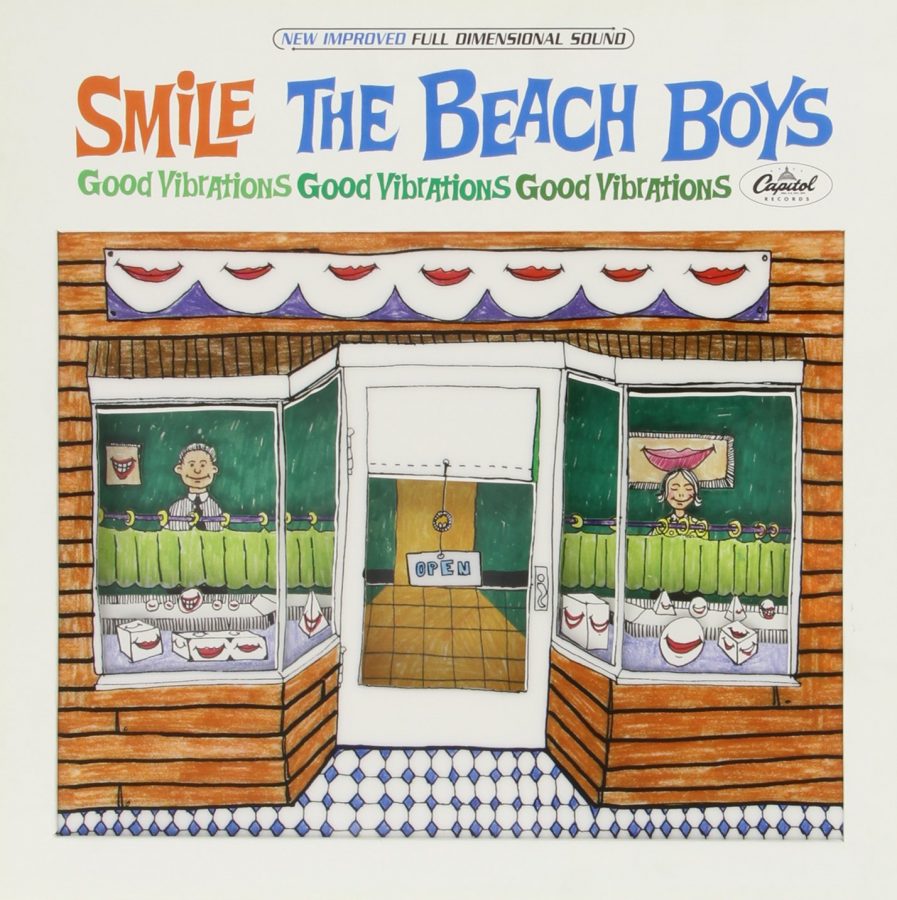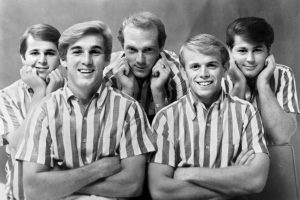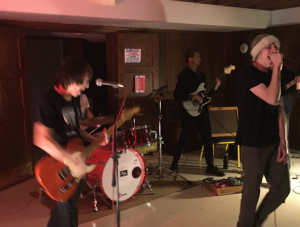Throwback Thursday | “Cabinessence” – The Beach Boys (1966)
January 16, 2020
With the late 1960s being a time of blossoming musical experimentation, the SMiLE era is a period of infamy within the sphere of popular music. As the precursor of the ‘downfall’ of The Beach Boys, Brian Wilson’s ambition – coupled with his increasingly esoteric production – proved to be the breaking point for the band and Wilson himself.
Many songs intended for SMiLE were wildly experimental and ambitious, even by today’s standards, and many remained unreleased until The Smile Sessions archival album was released in 2011. “Cabinessence,” from the album 20/20, is one of the few SMiLE era tracks that was released for the public, giving listeners only a taste of the ill-fated project’s pandora’s box.
Mike Love opens the track in an ethereal and prophetic manor: “Light the lamp and fire mellow / cabinessence timely hello.” Van Dyke Parks sets the stage with his dense and saturated imagery. The decadent portrayal of coziness is perfectly indicative of the holiday season, as its minimalist piano is counterpointed by the hollow twang of a banjo.
The track quickly shifts to a hypnotic and bold bridge section commonly referred to as “who ran the iron horse?” It has bellowing chants and harmonies, mimicking the mechanical clockwork of railway pistons. This long and sustained rhythm reminds you of the distant travel of relatives to congregate as a family. Its numbing syncrasy with an underlying harmony wonderfully reveal an excited soundscape eager of its end.
As the reverb bleeds into the piano, Love again hauntingly tells, “The constellations ebb and flow there / And witness a home on the range.” With the same melody, it is a wonderful appendix to the tonal reminiscence of the songs introduction. You are home, and you nostalgically reminisce the simplicities you once took for granted.
The song then transitions to a chain-lift of cello, with Love rhetorically asking, “Have you seen the grand coulee working on the railroad?” as Carl Wilson expands its ardeur with a ghastly falsetto.
The piercing harmonica wonderfully exposes the skeleton of the outro. It impressively bulks in audacity as a dissonant sitar passage resonates in the harmonies of the chorus.
Wilson creates a stunning wall of sound with its lush and colorful harmony. “Over and over the crow cries uncover the cornfield / Over and over the thresher and hover the wheat field”; it invokes a psychedelic brainwashing of unwavering remembrance. The rhythm of the banjo is mutated by the sharp klang of railway spikes, the bitter scowl of the cello, and the washed out echo of the bass. Its astonishing complexity and dynamic synergy conjures Brian Wilson’s symphony to god in its ultimate form.
The track culminates in a grandiose melody that is both a musical marvel and emotional triumph of feeling. It looks forward in its expansive composition while simultaneously looking back in its antiquated lyrical imagery. You can always enjoy small things, regardless how swept away you may be by the current of modernity.
Its sonic ethos and emotional completion are as transcendent as they are pervasive. They are both poignant in the warmth, enjoyment, and innocence of the past. Wilson’s musical genius paired with Parks’ poetry proves that nobody else invokes the feelings of familial warmth and pastoral simple-isms like “Cabinessence.”

































